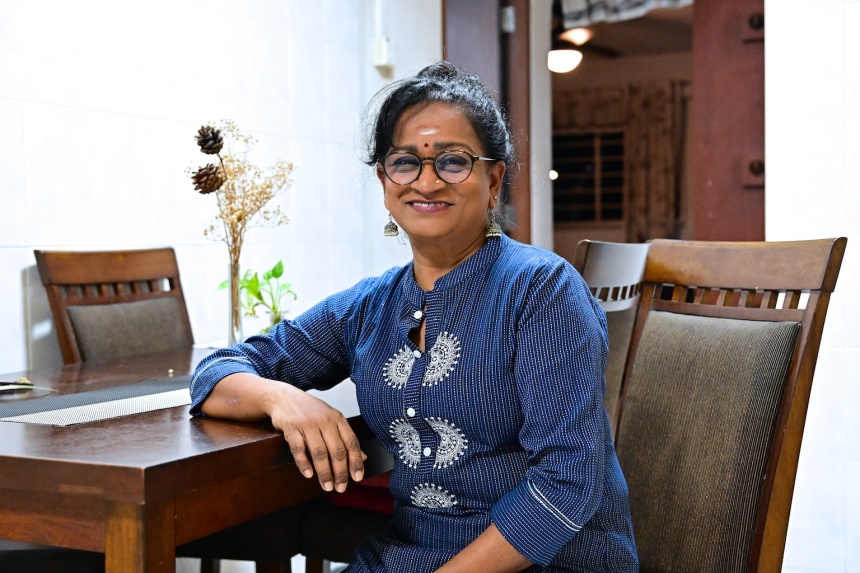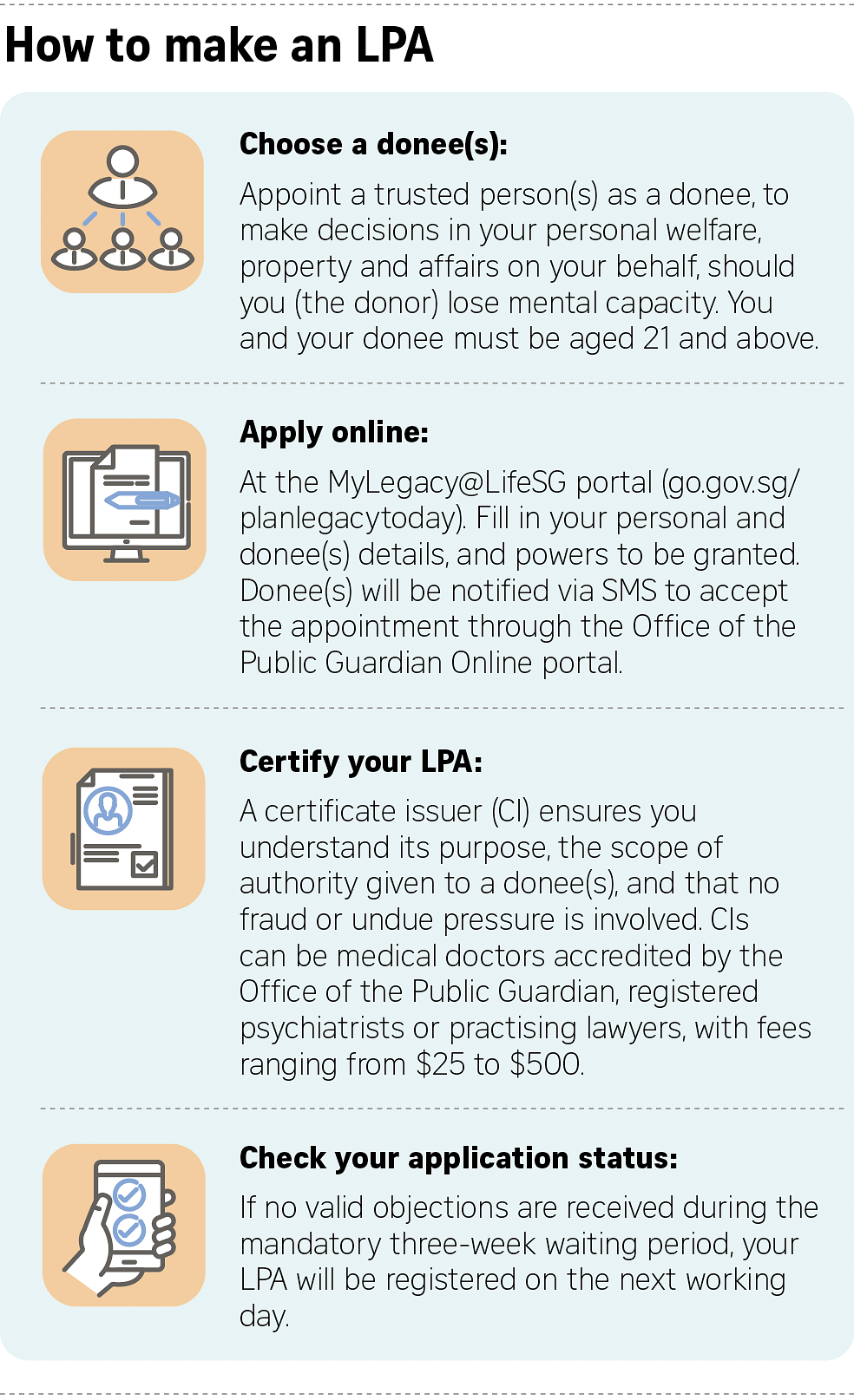BRANDED CONTENT
Securing her wishes: Why this mother, 62, is being proactive about legacy planning
By stating her intentions early, she wants to spare her children the burden of making tough decisions later

When Madam S Amutha, 62, drafted her will in 2021, she thought her affairs were in order.
The single mother, who works in healthcare, wanted to ensure that her two children – a daughter, 34 and a son, 29 – would not face any complications should anything unfortunate happen to her.
“I figured it was a done deal, and I didn’t have to worry about it,” she says. The will, which she drafted with the help of her lawyer friend, outlined how her assets would be divided among her children after her death. She divorced nine years ago.
Madam Amutha had also made a Central Provident Fund nomination nine years ago, which states how her savings will be distributed when she dies.
But in 2022, she realised her assumptions were misguided – she neglected making a Lasting Power of Attorney (LPA). Madam Amutha, who is a long-time volunteer at the Sri Sivan Temple, in Geylang, learnt about the LPA from a fellow volunteer.
The legal document lets you appoint a trusted person to make decisions on your behalf if you lose your mental capacity, such as from medical conditions like dementia, or an accident. Unlike a will, an LPA takes effect while a person is alive.
“I thought (an LPA) was only for people above 70, or something like that. I didn’t know what’s the use of it,” Madam Amutha admits.
“She (the fellow volunteer) told me it’s good to do it. Better to be prepared, with all your requests in black and white.”
Legacy made easy
Was the process tedious? No, says Madam Amutha. She completed her LPA application online within 15 minutes, via the MyLegacy@LifeSG portal (go.gov.sg/planlegacytoday).
Launched in January 2020 by the Ministry of Health and Public Service Division, it integrates and streamlines legacy planning services across multiple government agencies.
A temple volunteer, who is a lawyer, then helped to certify the LPA for free. An LPA must be certified by a medical doctor accredited by the Office of the Public Guardian (OPG), a registered psychiatrist, or a practising lawyer in Singapore. Their professional fees, which are not determined by the OPG, range from $25 to $500.
There are also non-profit organisations that offer free certification services to those who require financial assistance. These include Potter’s Place Community Services Society, and Mount Alvernia Outreach Medical Clinic at the Enabling Village.
“I thought it was going to be a hassle with a long process, high fees and all that,” she says. “But it was quite simple, as I just had to provide some details and answer a few questions.”

The LPA is available to Singapore citizens, permanent residents and foreigners, with application fees of $70, $90 and $230 respectively.
Since 2014, the application fee for Singaporeans has been waived to encourage more to make an LPA. This waiver has been extended to 31 March 2026.
Over 230,000 LPA applications for Singaporeans aged 50 and above have been filed as of this year. The Ministry of Social and Family Development aims to increase this to 240,000 by 2025.
Madam Amutha now encourages others to take the same proactive step. She helps and guides other temple volunteers and friends in navigating the LPA process, drawing from her own experience.
“I knew that if anything happened to me, it would be my kids who would have to make the decisions,” she says. “I don’t want to put them in a difficult position, and they can proceed with what I requested.”
I knew that if anything happened to me, it would be my kids who would have to make the decisions. I don’t want to put them in a difficult position, and they can proceed with what I requested.
Be upfront early
Looking ahead, Madam Amutha says she plans to complete an Advance Care Plan (ACP) later this year.
It allows people to document their healthcare preferences, and appoint a trusted person to communicate their preferences if they lose mental capacity.
Madam Amutha is clear about her wishes, should she be critically ill in the hospital. “I don’t want to be resuscitated”, she says matter-of-factly. “I just want myself to go. I don’t want to prolong my life if there’s no quality of life left.”
Although she has not discussed the specifics of her ACP with her children yet, she’s confident they will understand her decision, given their support when she made her LPA.
“My kids are very open-minded. They always want to do what's best for me,” she says. “They will say, if that's what makes you happy and comfortable, please go ahead. I’m very sure of that.”
For those hesitant to have such conversations, Madam Amutha’s advice is to be open and upfront about your wishes early to ease the burden later on.
“Make it easy for your kids. Let them know, ‘this is what Ma wants’, so they can focus on your well-being instead of worrying about what to do.”
- Plan your legacy today. Head to go.gov.sg/planlegacytoday to learn more about the Lasting Power of Attorney, Advance Care Planning and other legacy planning tools at MyLegacy@LifeSG.
This is the first of a three-part series, produced in partnership with the Ministry of Social and Family Development, Public Service Division, Agency for Integrated Care and Ministry of Health
Join ST's WhatsApp Channel and get the latest news and must-reads.





No comments:
Post a Comment